Flet për gazetën “Nacional”, Pandeli Koçi, ish-redaktor i Shtëpisë Botuese “Naim Frashëri”
Pandeli Koçi : Shtëpia Botuese “Naim Frashëri”, vendi ku u botuan veprat që i dhanë Kadaresë famë ndërkombëtare dhe e çuan drejt kandidimit për Çmimin Nobel në Letërsi para vitit 1990.
Një dëshmi e rrallë mbi filtrat redaktorialë dhe ideologjikë, mekanizmat botues përmes censurës dhe vetëcensurës, si dhe mënyrën se si u botuan në “Naim Frashëri” veprat që e bënë Kadarenë figurë botërore të letërsisë.
Intervistoi: Mujë Buçpapaj
Hyrje
Shtëpia Botuese “Naim Frashëri” ka qenë institucioni qendror i jetës letrare shqiptare për më shumë se katër dekada të regjimit totalitar, një laborator kulturor ku u formësuan autorët më përfaqësues të letërsisë së realizmit socialist. Aty botuan veprat e tyre poetët dhe prozatorët më të rëndësishëm të epokës, aty u zbatuan standardet redaktoriale të realizmit socialist, por edhe u përballën kufizimet ideologjike të kohës, censura dhe vetëcensura. Pikërisht në këtë institucion u publikuan për herë të parë edhe veprat më të famshme të Ismail Kadaresë, ato që e shndërruan në një emër të njohur ndërkombëtarisht dhe që i hapën rrugën kandidimit të tij për Çmimin Nobel për Letërsi, ende para vitit 1990.
Në këtë intervistë të veçantë, Pandeli Koçi (Sazan Goliku), redaktor, shkrimtar dhe dëshmitar i drejtpërdrejtë i procesit të botimit në Shqipërinë socialiste, rrëfen nga brenda funksionimin e “Naim Frashërit”: marrëdhëniet me autorët, rolin e kritikës, mekanizmat e përzgjedhjes, censurën e heshtur, por edhe pasionin e njerëzve të librit për të mbrojtur vlerën artistike. Ai ndalet te bashkëpunimet me autorët e rinj, te kontaktet e para me shkrimtarët shqiptarë të Kosovës, te figurat kryesore të redaksive dhe, natyrisht, te vendi që zinte Kadare në këtë univers botues.
Intervista sjell jo vetëm kujtime personale, por edhe një panoramë të çmuar të historisë së botimit shqiptar, një dëshmi për rolin e librit në kushte të vështira të kufizimeve ideologjike, për përgjegjësinë e redaktorit dhe për nevojën, sot, që shteti të mbështesë kulturën e shkruar, sidomos librin shkencor, me karakter edukues dhe kombëtar.
- Fillimet dhe përvoja redaktoriale
Pyetje: Shtëpia Botuese “Naim Frashëri” ka qenë e vetmja ndërmarrje botuese te ne që trajtonte e botonte letërsi artistike shqipe të traditës dhe bashkëkohore, si dhe letërsi të huaj artistike Keni punuar aty nga viti 1959 deri më 1980. Si do ta përshkruanit në tërësi këtë përvojë shumëvjeçare redaktoriale dhe njerëzore?
Përgjigje: Kam qënë redaktor në redaksinë e poezisë, dramës dhe kritikës letrare. Në atë kohë shef redaksie ka qenë studiuesi i letërsisë Dhimitër Fullani, drejtor i institucionit ka qenë shkrimtari i mirënjohur Ali Abdihoxha (i cili më vonë u zëvendësua nga një që kishte studiuar për historinë bashkëkohëse) dhe nëndrejtor ka qenë shkrimtari e përkthyesi Alqi Kristo (i cili u zëvëndësua me një punonjës partie). Marrëdhëniet e mia me ta kanë qanë qenë korrekte. Ata nuk ndërhynin në vlerësimin e punës sonë, por ishin të gatshëm të diskutonin në frymë partie, por edhe të bënin vërejtje për pjesë të strukturës së shkrimeve dhe të mos pranonin prerë ato shkrime që u dukeshin të papërshtatshme dhe të gabuara. Edhe mes kolegëve ka pasur një frymë mirësjelljeje dhe mosndërhyrje në materialet që redaktonte secili. Praktika e botimit ka qenë e përcaktuar zyrtarisht, por edhe sot mendoj se ajo ndikonte realisht për të përcaktuar vlerat ideore e artistike, duke shmangur dorëshkrimet e dobëta, mediokre dhe natyrisht ato që preknin normat ideologjike e politike të Partisë së Punës. Marrëdhëniet me autorët, që kishin sjell dorëshkrimet, ishin dashamirëse, por dhe konfliktuoze me ndonjë autor që nuk ishte i bindur për argumentet që i ishin bërë kur i kthehej dorëshkrimi si i pabotueshëm ose i bëheshin vërejtje serioze. Kishte dhe nga ata që ankoheshin deri në KQ të Partisë.
Pyetje: Si redaktor i ri në fillimet tuaja, si e kujtoni takimin e parë me drejtuesit e redaksisë dhe me drejtorin e atëhershëm, shkrimtarin e njohur Ali Abdihoxha, autorin e romanit Një vjeshtë me stuhi, Tri ngjyrat e kohës, Kronika e një nate etj. që ishin përfshirë edhe në programet shkollore të kohës?
Përgjigje: Ç’është e vërteta redaktorët takoheshin rrallë për problem pune me drejtorin, se lidhjet i kishin me shefat përkatës të redaksive. Unë nuk druhesha ta takoja drejtorin dhe diskutonim për letërsinë, madje dhe për veprat e tij. Muajt e parë të punës redaktova përmbledhjen me shkrime letrare e publicistike të LANÇ-it, të përgatitur nga dy gazetarë ushtarakë dhe, duke qenë se shumica shkruheshin dhe shtypeshin në kushtet e ilegalitetit dhe me të folme nga të gjitha krahinat e vendit plus gabimeve teknike, bëra një punë të kujdesshme dhe të vështirë tekstologjike. Nga vitet1967 nuk viheshin më emrat e redaktorëve pas frontespisit të librave. Shkova te drejtori dhe i kërkova që të vihej në libër emri im si redaktor. Drejtori pyeti “lart” dhe të nesërmen më tha se u rregullua ajo punë…Dhe vijoi për të gjithë. Më ka ardhur keq që në varrimin e këtij shkrimtari me emër dhe njeriu të mirë dhe korrekt nuk u dha asnjë njoftim dhe për homazh shkuan vetëm tre shkrimtarë.
Pyetje: Pas një periudhe të shkurtër në redaksinë e letërsisë për fëmijë, ju kaluat në redaksinë e poezisë, dramës dhe kritikës letrare, nën drejtimin e Dhimitër Fullanit. Si e përjetuat këtë etapë të re profesionale?
Përgjigje: Që nga viti 1961 kisha nisur të botoja recensione e kritika letrare në organet e shtypit, kisha njëfarë përvoje në fushën e letrave. Isha i vetëdijshëm që në vlerësimin e veprave letrare e artistike është i pashmangshëm subjektiviteti që kushtëzohet nga shijet vetjake dhe niveli teorik e kulturor i vlerësuesit, prandaj si redaktor përpiqesha të isha sa më i hapur me autorët dhe të kisha parasysh mendimet e recensuesve e të kritikës letrare. Për të parë dhe ecurinë krijuese të autorit që redaktoja, lexoja edhe librat e mëparshëm të tij. Nuk e di, po shefi i redaksisë Dhimitri më jepte për redaktim kryesisht dorëshkrimet e autorëve të rinj që i kishin sjellë për herë të parë. Shumë nga këta autorë u bënë poetë të shquar si Anton (Ndoc) Papleka, Sadik Bejko, Ndoc Gjetja, Xhevahir Spahiu, Skënder Buçpapaj, Hamit Aliaj, Stefan Martiko e shumë e shumë të tjerë, që të më falin, se nuk është vendi t’i përmend këtu. Unë gëzohesha si për vete kur botoja një libër të një poeti vërtetë të talentuar. Më habiti një herë Dhimitri kur në prani të një poeti tha: “Ne punojmë si mbi gjëmba”.
- Filtrat redaktorialë dhe censura ideologjike
Pyetje: Brezi i ri i lexuesve dhe studentëve nuk ka një ide të qartë mbi filtrat redaktorialë dhe censurën ideologjike që përcaktonin fatin e një libri nga dorëshkrimi deri te botimi. Si funksiononte në praktikë ky proces redaktimi dhe miratimi?
Përgjigje: Ju përmendni termin censurë. Zyrtarisht te ne nuk ka ekzistuar, por ajo ka vepruar realisht. Formimi shkollor ideoestetik, propaganda e vazhdueshme në libra, gazeta, radio e televizion etj. kishin gdhendur në konceptet e shijet e njerëzve kriteret e normat dogmatike, të ideologjizuara e të politizuara. Edhe shkrimtarët e artistët në një mënyrë ose në një tjetër, në një shkallë ose në një tjetër zbatonin ideologjinë e Partisë, kriteret dhe normat e realimit socialist. Vetëm kështu mund të botonin. Pra, vetëcensura ishte te vetë autorët. Redaktorët përveç vlerave artistike të teksteve shikonin me konsekuencë ndonjë “shkarje” të mundshme. Edhe kritika letrare nuk të falte. “Nxirja e realitetit socialist”, “Psikologjizmi i sëmurë, farmalizmi, hermetizmi quheshin ndikime borgjezo-revizioniste, pra “shfaqje të huaja armiqësore”. Këto kufizime çuan në një pjesë të krijimeve letrare, si në poezi retorizmin e skajshëm e të njëanshëm, në prozë, dhe sidomos në dramaturgji, në skematizëm të hapur. Por edhe në këto kushte letërsia shqipe vazhdonte të zhvillohej si sasi e cilësi dhe të krijonte vepra me vlera artistike të nivelit të lartë. Këto janë pasuri kombëtare kudo e kurdo janë krijuar dhe nuk mund të nxihen dhe të hidhen poshtë gjithçka që u krijua edhe në kohën e totalitarizmit socialist.
Pyetje: Praktika e dy deri në tre të recencave për çdo dorëshkrim ishte një rregull institucional i kohës. Si realizohej ajo në të vërtetë? A ishte vërtet një kritikë “e fshehtë”, që autori nuk e mësonte, por që shpesh përcaktonte nëse një libër botohej apo jo?
Përgjigje: Nuk di të ketë pasur ndonjë rregull të shkruar ose të pashkruar, aq më tepër “i fshehtë” që autorit nuk i jepej recensioni. Të paktën mua nuk më është sugjeruar një gjë e tillë dhe mes qindra recensionesh nuk ia kam fshehur ndonjë autori. Përgjigjen me shkrim për dorëshkrimin që ishte i pabotueshëm ose i ripunueshm e hartonte redaktori përkatës dhe e nënshkruante shefi i redaksisë.
Pyetje: Si i njoftonit autorët kur recensat ishin refuzuese dhe kërkohej rishikim i dorëshkrimit? Çfarë nënkuptonte në atë kohë udhëzimi që një libër “duhej pasuruar me tematikën e klasës punëtore dhe të jetës socialiste”?
Përgjigje: Kishte ndonjë redaktor që, për ta pasuruar librin nga ana tematike, ia kërkonte autorit që të sillte poezi të reja, por unë, mesa më kujtohet, nuk kam pasur një rast të tillë. Kur në dorëshkrim kishte poezi me tema nga klasa punëtore ose nga fshatarsia punonjëse, por ishin artistikisht të dobëta, ato nuk botoheshin.
Pyetje: Po marrëdhëniet me Bilal Xhaferrin, një autor me “biografi të keqe” sipas standardeve të kohës, si ishin? Si reflektohej kjo në qëndrimin institucional ndaj tij?
Përgjigje: Bilalin e kam njohur, madje më vinte edhe në shtëpi dhe unë i shkoja në në dhomën e hotelit “Çajupi” me dritaren nga bulevardi, ku ai shkruante romanin e tij historik “Krastakraus” që në Prishtinë u botua më vonë me titullin “”Berati ra”. Më lexonte fragmente nga romani. Ai ishte një talent i rrallë. Edhe pse kishte “biografi të keqe”(babain e pushkatuar), atij ju lejua të botonte, së pari në gazetën “Zëri i Rinisë”, ku ishte kryeredaktor Dhimitër Verli, dashamirës i autorëve të rinjve me prirje liberale; pastaj Bilali botoi një libër me tregime dhe një me poezi, që u pritën mirë nga lexuesit.
Pyetje: Si i kujtoni sot shkrimtarët dhe poetët e asaj kohe, si edhe kolegët tuaj në Shtëpinë Botuese “Naim Frashëri”? P.sh., çfarë mund të na thoni për marrëdhëniet me Safo Markon?
Përgjigje: Kam pasur shoqëri e miqësi me shumë poetë, prozatorë dhe kolegë si Faik Ballanca, Agim Mato, Sadik Bejko, Xhevahir Spahiu, Perikli Jorgoni, Hiqmet Meçaj, Rinush Idrizi, Kiço Blushi, Sulejman Mato, Nasi Lera, Koço Kosta, Tatjana Buda, Iskra Tato, Adriatik Kallulli, Odise Grillo dhe shumë të tjerë, me të cilët kam kujtime të bukura. Safo Marko ka punuar në Shtëpinë Botuese. Ajo ka qenë piktore me individualitet të spikatur me ilustrimet për fëmijë, në skicat e librave dhe në pllakatet e ndryshme. Si redaktorë bashkëpunonim me të për librat që çonim për shtyp.
Pyetje: Ju keni qenë ndër të parët që botuat librin e Skënder Buçpapajt “Zogu i bjeshkës” dhe poetët e rinj të Tropojës në fillim të viteve 1970, kur ata ishin rreth të njëzetave. Si u pritën poezitë e tyre në atë periudhë?
Përgjigje: Me poezitë e tyre poetët e rinj të Tropojës, ose më sakt të Malësisë së Gjakovës, bën të lulëzojë kopshti poetik i asaj treve me lule shumëngjyrëse dhe tinguj bjeshke. Freskia e motiveve që sollën, sa lirike aq dhe epike, janë shprehje të talentit të trashëguar ndër breza në ato male madhështore. Dhe lexuesit e poezisë i vlerësuan si lule të frekëta dhe risi poetike. Skënderi hyri në poezinë shqipe me një talent dhe pjekuri të pazakontë për moshën e tij të re. E mbaj mend edhe sot kur erdhi në redaksi: një djalë 18-vjeçar, i druajtur dhe shtatlartë, që e solli librin me poezi në një fletore shkolle, por me një shkrim shumë të qartë. Ai ishte së bashku me shkrimtaren Besa Bajraktari, e cila ishte kujdesur shumë për Skënderin, të cilin e kishte pasur nxënës në shkollën 8-vjeçare në Tpla të Tropojës.
Pyetje: Ju jeni, gjithashtu, i pari që përzgjodhët dhe botuat poetët shqiptarë nga Kosova, duke filluar nga vitet 1970. Si zhvillohej procesi i përgatitjes dhe përzgjedhjes së tyre për botim? Çfarë vështirësish kishit në këtë drejtim?
Përgjigje: Një koniunkturë e përshtatshme politike ne vitin 1970 bëri të çahej muri pa kuptim që nuk lejonte botimin e letërsisë shqipe të krahut verilindor e lindor. Librat vinin nga “Rilindja”, por ato ishin të mbyllura në Bibliotekën Kombëtare dhe mund t’i lexoje vetëm me autorizime të posaçme. Unë mora një autorizim nga Shtëpia Botuese dhe Ministria e Kulturës dhe nisa punën, po jashtë orarit zyrtar, në sallën shkencore të Bibliotekës deri më nëntë të natës. Përgatita së pari antologjinë “Për ty” me poezi kryesisht të shquar Esad Mekulit pastaj antologjinë “E di një fjalë prej gur”. Vazhdova të përgatitja libra të poetëve Enver Gjergjeku, Azem Shkreli, Rrahman Dedaj, Ali Podrimja, Fahredin Gunga, Qerim Ujkani, Jusuf Gërvalla, Abdulaziz Islami dhe shumë poetë të tjerë të rinj, në ate kohë, si Edi Shukriu, Agim Vinca, Flora Brovina. Gjithashtu, botova edhe vepra në prozë e dramaturgji, si nga Mehmet Kraja, Jusuf Buxhovi, Ekrem Kryeziu, Josip Rela etj. Ishte një frymëmarrje e re për lexuesit tanë. Edhe gazeta “Drita” dhe revista “Nëntori” botonin herëpashere nga letërsia e Kosovës, por në shtyp e RTSH fare pak u bëhej jehon këtyre librave.
III. Kadare dhe roli i “Naim Frashërit”
Pyetje: Shtëpia Botuese “Naim Frashëri” është institucioni ku u botuan veprat më të rëndësishme të Ismail Kadaresë deri në vitin 1990: Gjenerali i ushtrisë së vdekur, Kështjella, Kronikë në gur, Dimri i madh, Prilli i thyer, Nëpunësi i Pallatit të Ëndrrave, e të tjera. Si e vlerësoni mendimin e diskutueshem se pas viteve 1990, Kadare nuk arriti të shkruajë romane të fuqisë artistike të atyre të mëparshme?
Përgjigje: Që në periudhën e totalitarizmit socialist ka pasur “mendime” të skajshme për veprat e Kadaresë dhe vazhdojnë edhe sot. Po janë thjesht mendime empirike e vulgare të njërit e tjetrit. Për të gjykuar e vlerësuar artin dhe diapazonin e gjerë të krijimtarisë letrare të Kadaresë, tashmë të ndarë nga jeta, le t’ua lemë kritikës letrare brenda e jashtë vendit dhe studiuesve profesionistë të historisë së letërsisë.
Vlerësimi i shpërndarë shpesh në publik se pas viteve 1990 autori nuk ka prodhuar më vepra të rangut artistik të periudhës pararendëse tek “Naim Frashëri”, mendoj se është një formulim reduktues dhe i njëanshëm. Në dekadat pas rënies së sistemit socialist, Kadare ka krijuar një pjesë të konsiderueshme të opusit të tij, ku vërehet një thellim i tematikave të kujtesës historike, i ndërgjegjes qytetare dhe i refleksioneve mbi identitetin evropian të kulturës shqiptare. Shumë prej këtyre veprave janë pritur me vlerësime pozitive nga kritika ndërkombëtare dhe kanë gjetur një hapësirë të gjerë përkthimesh në gjuhët më të rëndësishme të botës.
Nga ana tjetër është një fakt i njohur dhe i dokumentuar se Ismail Kadare i botoi të gjitha veprat e tij të famshme, fillimisht në gjuhën shqipe dhe në Shtëpinë Botuese “Naim Frashëri”, institucion ky shtetëror, që pavarësisht kufizimeve të forta të kohës, deri në vitin 1990 u bë një nga qendrat më të rëndësishme të prodhimit kulturor në vend. Vepra të tilla që e bënë Kadarenë të famshëm në botë, si Gjenerali i ushtrisë së vdekur, Kështjella, Kronikë në gur, Dimri i madh, Prilli i thyer dhe Nëpunësi i Pallatit të Ëndrrave etj., u botuan pikërisht në këtë institucion dhe sot përbëjnë bërthamën e kanonit letrar të autorit, duke u konsideruar ndër arritjet më përfaqësuese të letërsisë bashkëkohore shqiptare. Pas botimit nga Naim Frashëri, këto vepra u botuan jashtë vendit, kryesisht në Francë e në vende të tjera. Kadare u nominua për Çmimin Nobël në letërsi në fund të viteve 1980 kur regjimi komunist nuk kishte rënë akoma dhe kur Kadare kishte botues të parë në gjuhën shqipe Shtëpinë Botuese Naim Frashëri, Tiranë.
Me vjen keq që dekadat fundit nuk përmendet fare ky fakt dhe ngjan sikur Kadarenë e zbuloi ndonjë shtepi botuese pas vitit 1990, çfarë nuk është e vertetë. Suksesi nderkombëtar i Ismail Kadaresë fillon tek “Naim Frashëri” me librat e tij më përfaqësuese.
- IV. Trashëgimia dhe reflektimet mbi librin sot
Pyetje: Si e vlerësoni sot rolin historik të shtëpisë botuese “Naim Frashëri” në afirmimin e letërsisë shqipe te realizmit socilast dhe të autorëve tanë më përfaqësues në arenën ndërkombëtare, përfshirë Ismail Kadarenë? Mendoni se shteti shqiptar duhej ta kishte ruajtur këtë institucion publik? Përse?
Përgjigje: Duke mos mohuar rolin historik të shtëpisë botuese “Naim Frashëri” për botimin e letërsisë shqipe dhe asaj botërore në gjuhën shqipe, nuk mund të flasim në ditët e sotme për nostalgji, kur kanë ndodhur ndryshime rrënjësore në strukturën e superstrukturën e shtetit. Unë nuk di të ketë ndërmarrje botuese shtetërore në vendet kapitaliste perëndimore.
Fakti që “Naim Frashëri” u mbyll tregoi se ajo, si ndërmarrje botuese, nuk mund ta përballonte ekonominë e tregut. Por, duke parë se nga tregu i librit po zhduken librat shkencorë, historikë, studimorë që kërkojnë shumë shpenzime, monografitë e rëndësishme për figurat kombëtare, librat me karakter edukues kombëtar dhe veprat që përbëjnë trashëgiminë tonë kulturore, duhet kërkuar që të mbahet gjallë një ent botues publik, pluralist dhe i bazuar në parime shkencore e të pavarura. Është e domosdoshme të ruhet letërsia kombëtare për interes kombëtar, sidomos në një treg të mbushur me libra spekulativë dhe ç’edukues, veçanërisht për fëmijët dhe të rinjtë, ku fryma e komercialitetit po ndikon në varfërimin e bibliotekës kombëtare të librit. Në Panairin e fundit të Librit, Tirana 2025, 80% e titujve të rinj ishin nga letërsia e huaj.
Pyetje: Sot nuk ekziston më censura ideologjike, por nuk ka redakator, por letërsia përballet me pengesa të tjera: mungesë fondesh, kosto të larta botimi, shpërndarje të dobët dhe një treg librash të rrënuar. Një autor shpesh nuk arrin të botojë më shumë se pesëdhjetë kopje të librit të tij. Mendoni se shteti duhet të ndërhyjë për ta mbështetur autorin dhe librin shqiptar?
Përgjigje: Natyrisht, është e domosdoshme! Shteti duhet t’i ndihmojë vlerat kombëtare, siç është letërsia artistike. Por duhet të gjejë rrugët e mënyrat e frytshme, më mirë se deri tash, për të mos rënë pre e burokracisë shtetërore dhe e interesave të klaneve korruptuese brenda dhe jashtë pushtetit.
Pyetje: Për fund, çfarë do të dëshironit të shtonit si mesazh për brezat e rinj të shkrimtarëve e të redaktorëve të letërsisë?
Përgjigje: Mos ta lëshojnë penën nga dora! Përherë u kam përsëritur autorëve të rinj një thënie sa paradoksale aq dhe të dobishme të Maksim Gorkit: “Dora mëson kokën”. Një redaktor i mirë duhet të jetë kritik i mprehtë dhe i ditur që të kuptojë dhe të depërtojë në shpirtin e veprës e të shkrimtarit. Kujdes! Një kritik ose një redaktor tendencios ose keqdashës mund ta “varros” një talent të ri e të vërtetë.


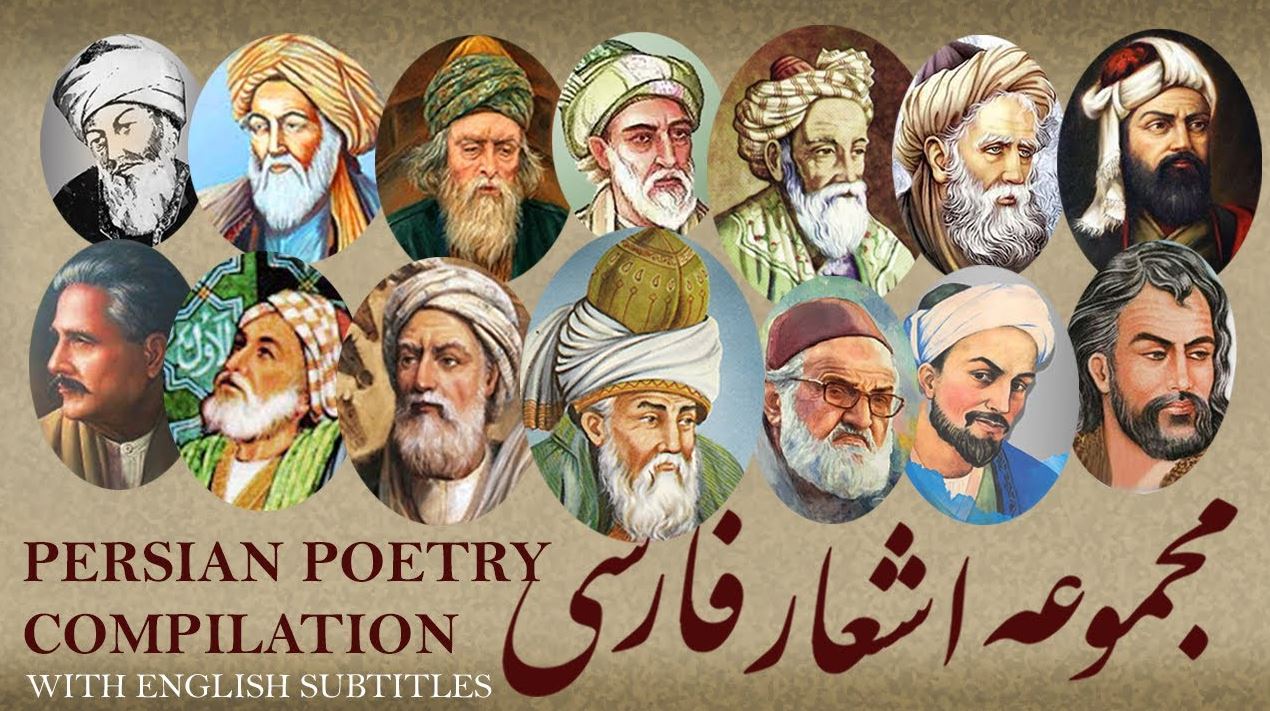
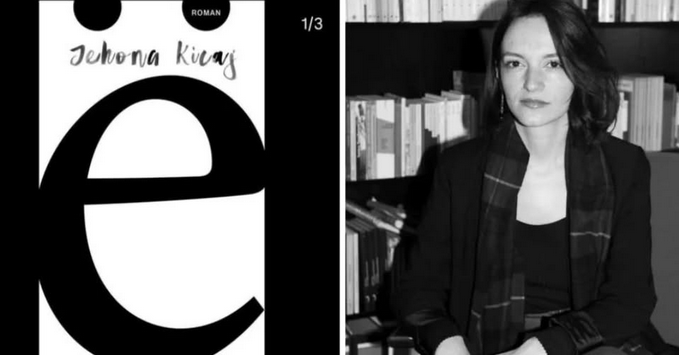
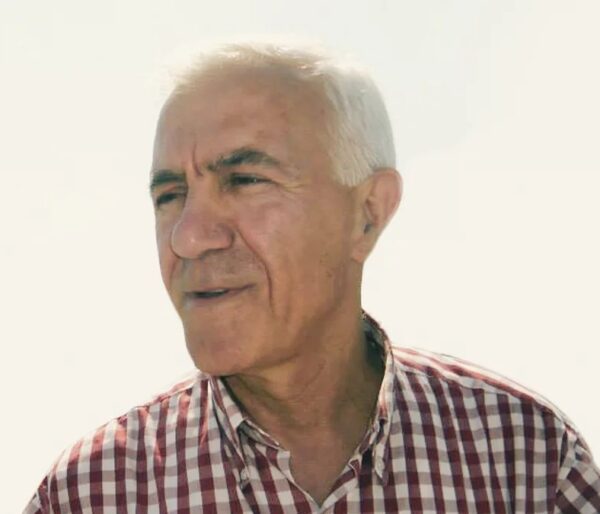
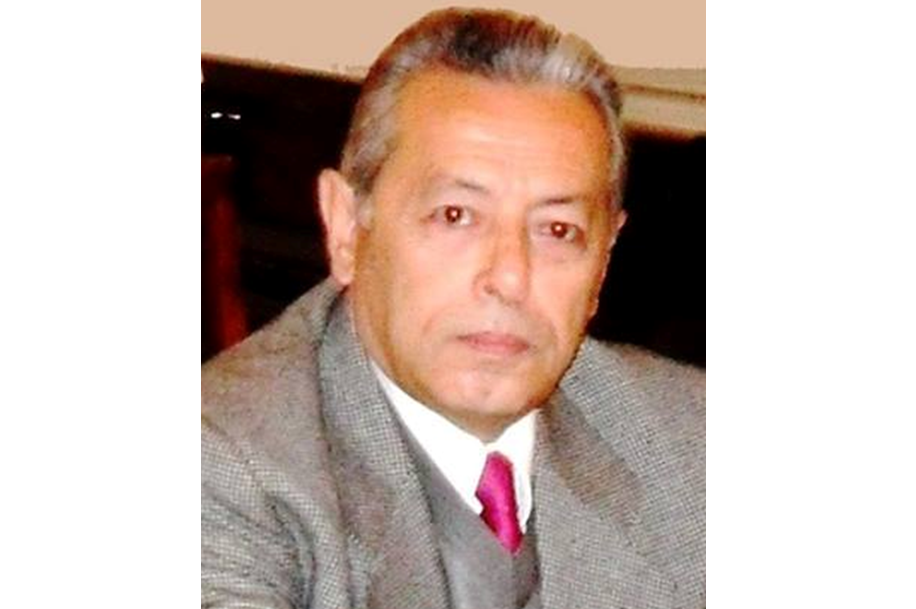
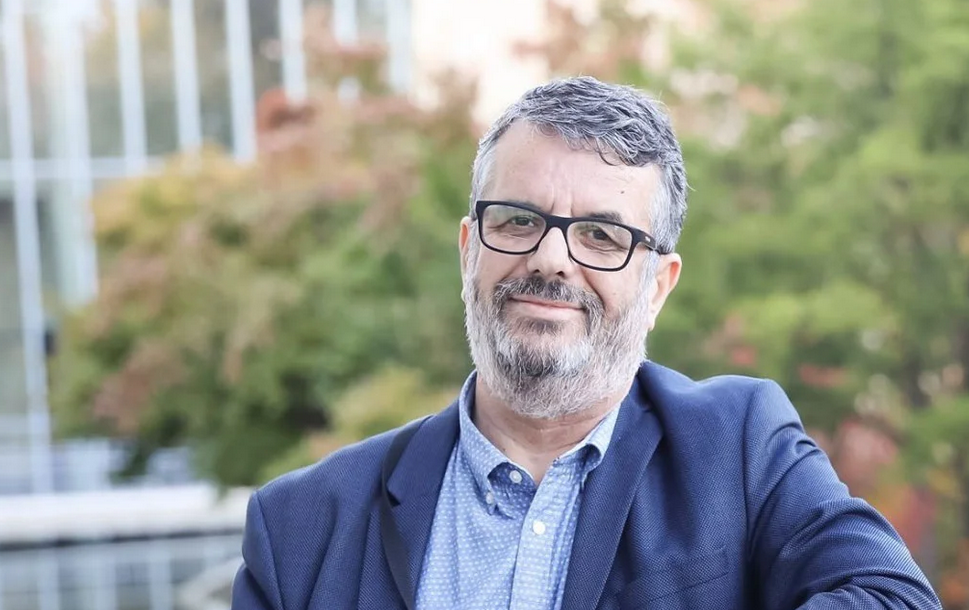
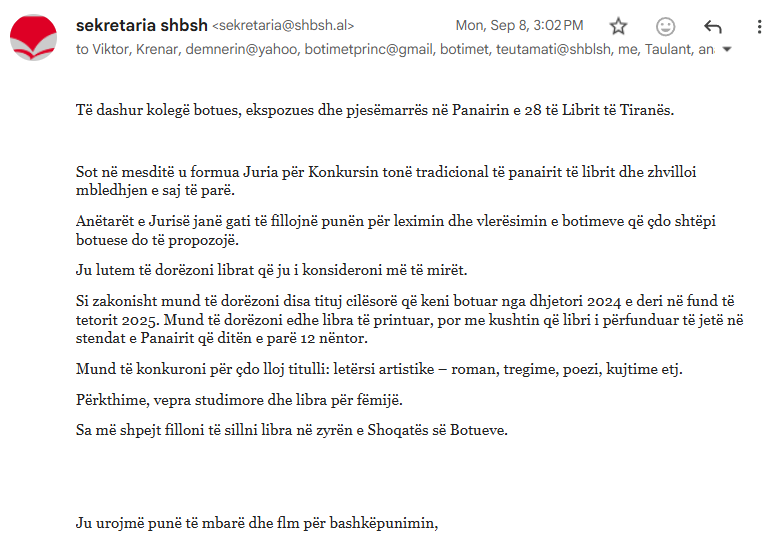
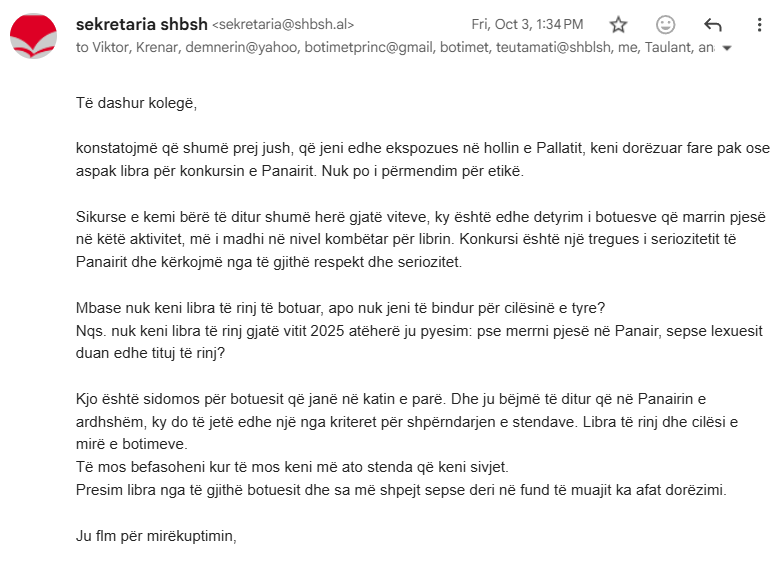

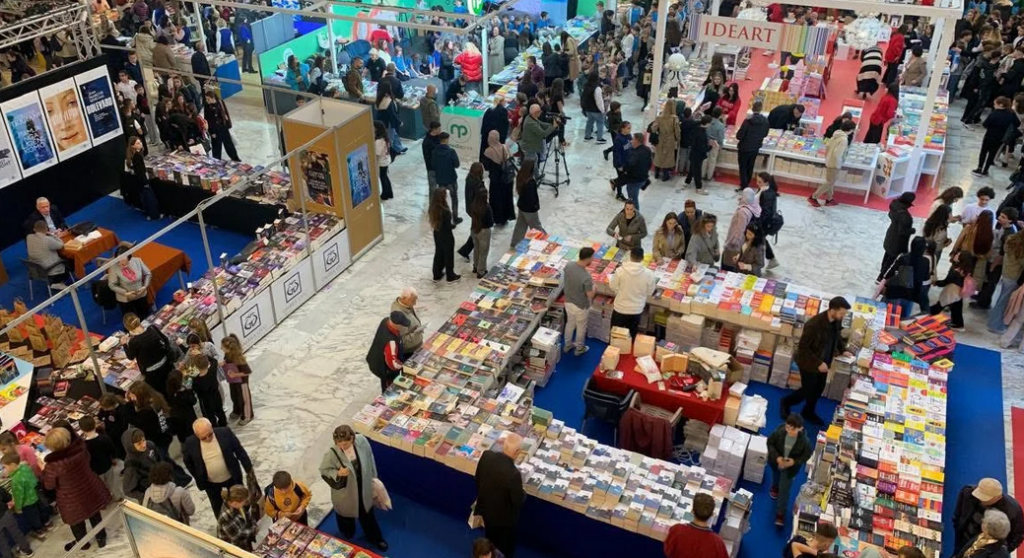
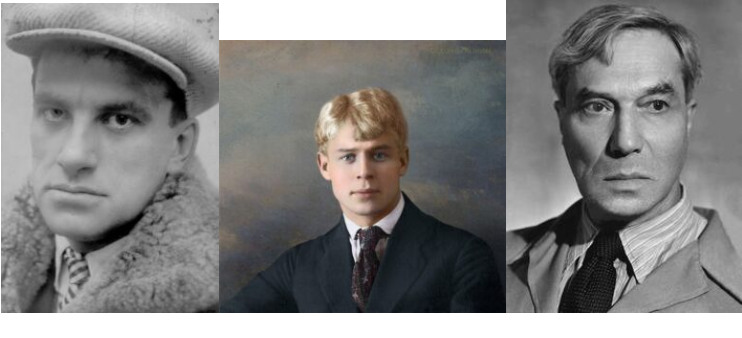
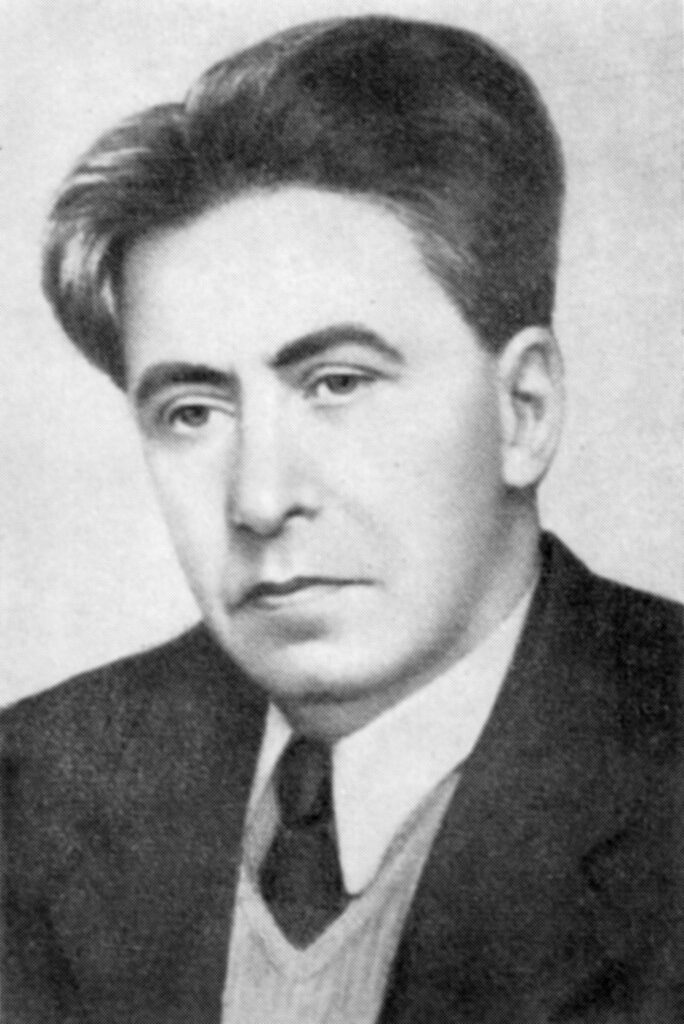
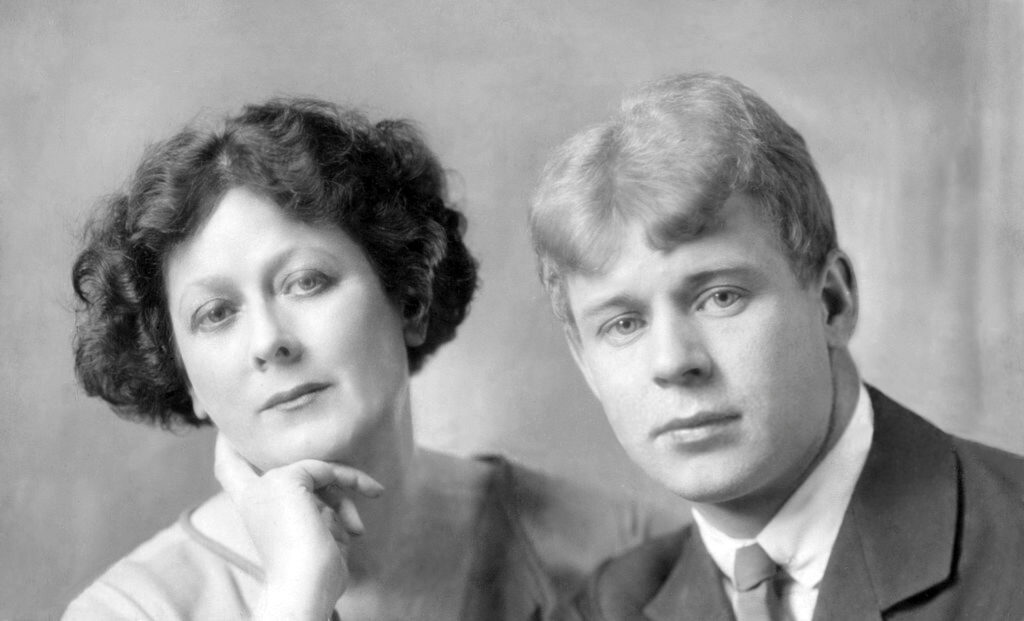
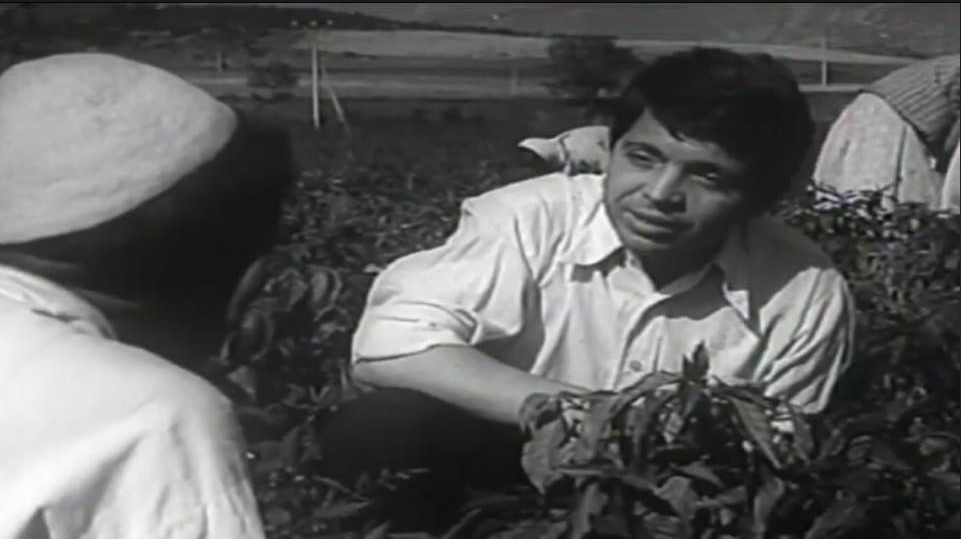
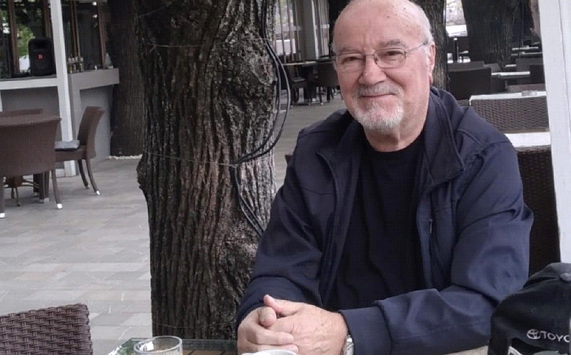
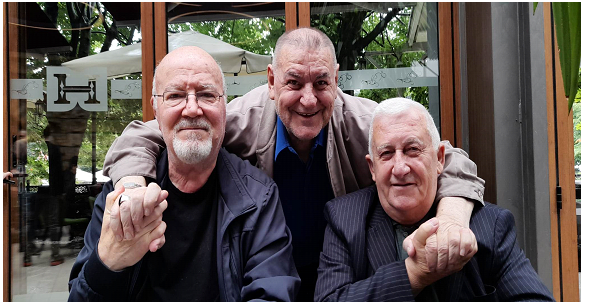
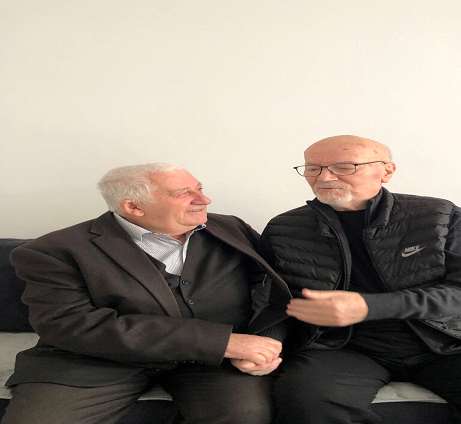
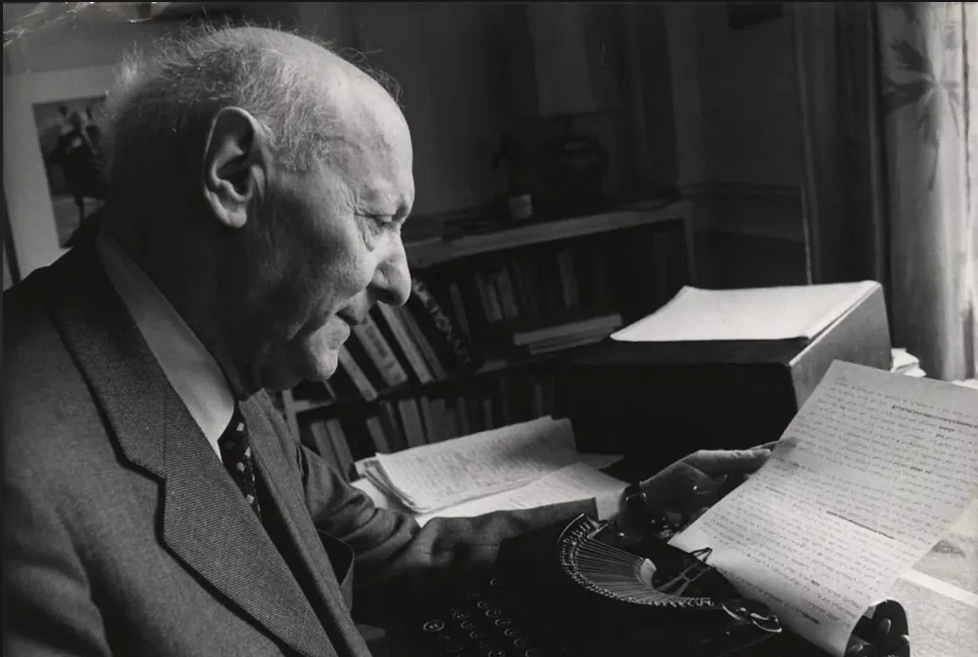
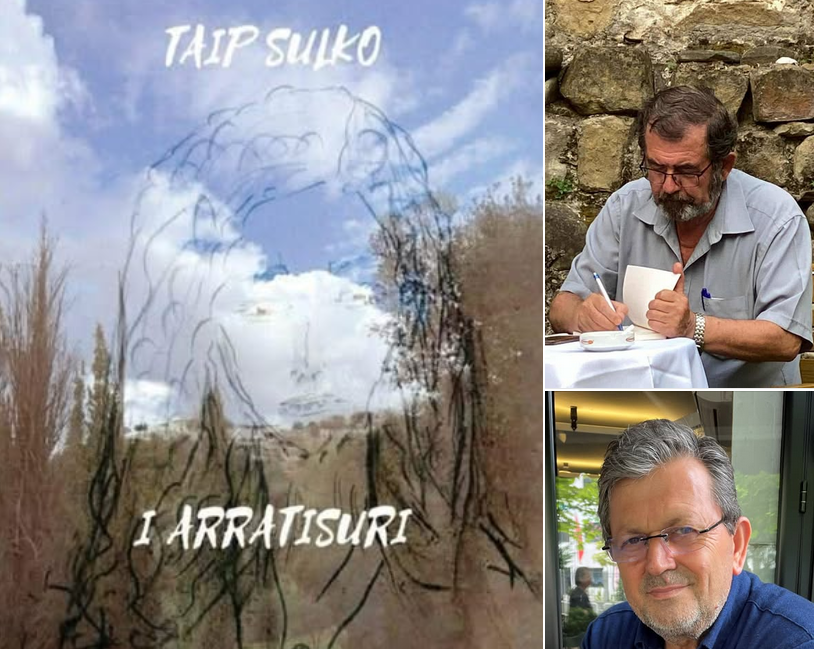
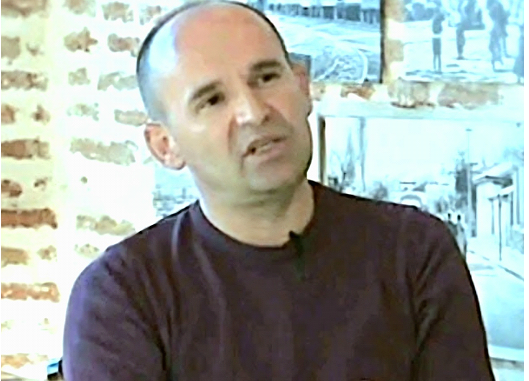
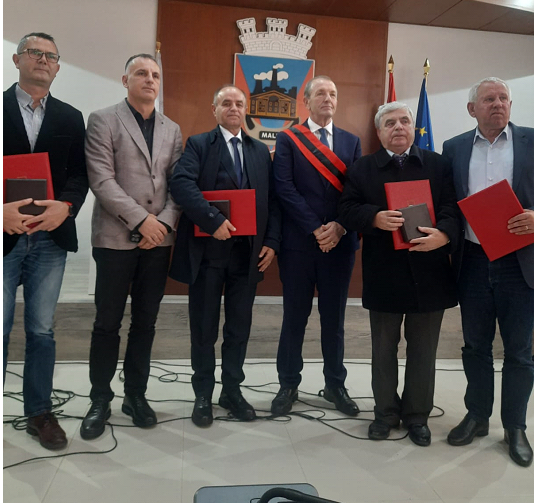
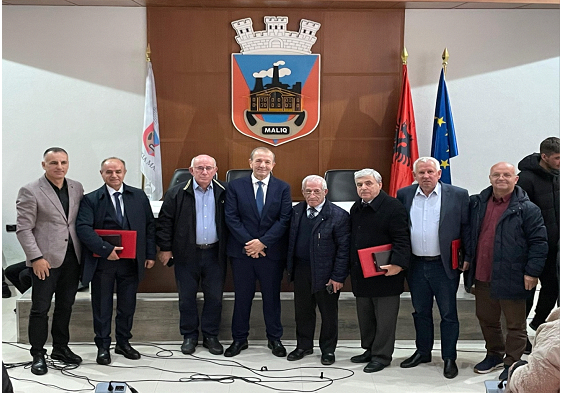
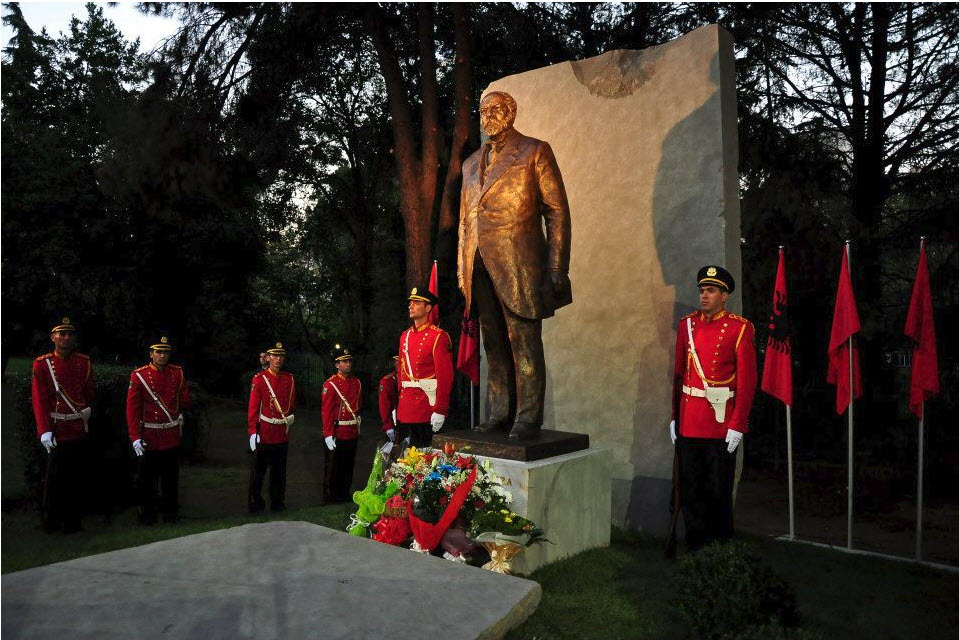
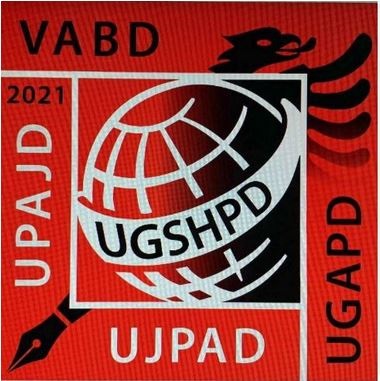
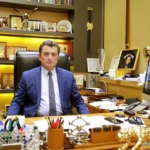
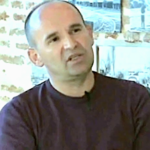

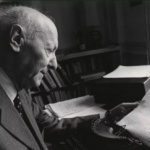
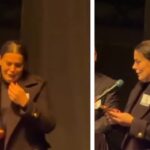
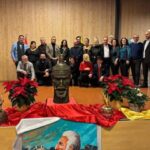

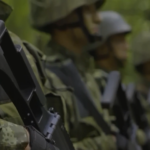

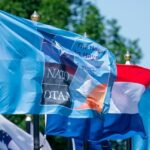
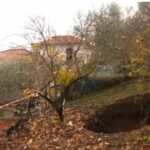


Komentet